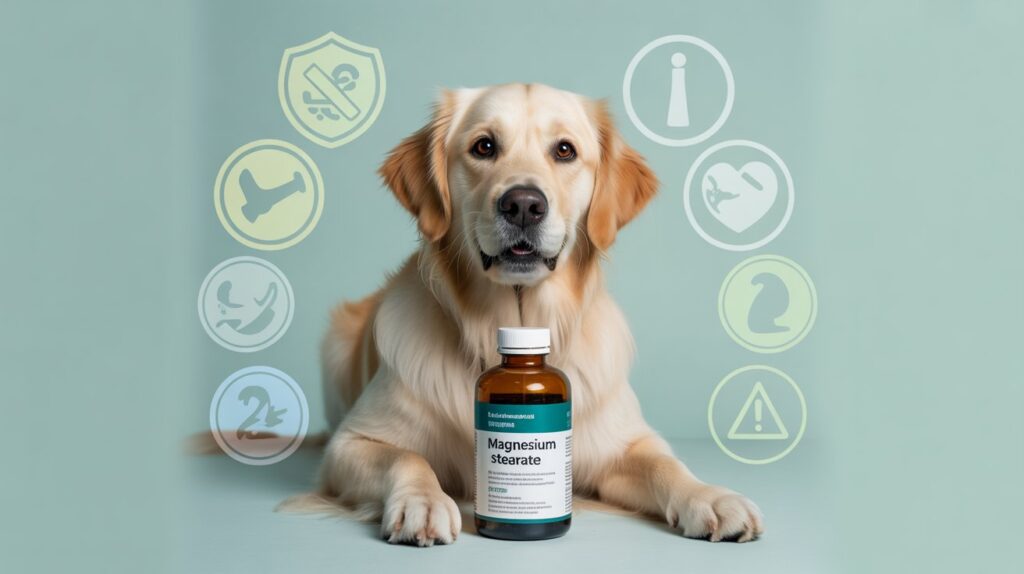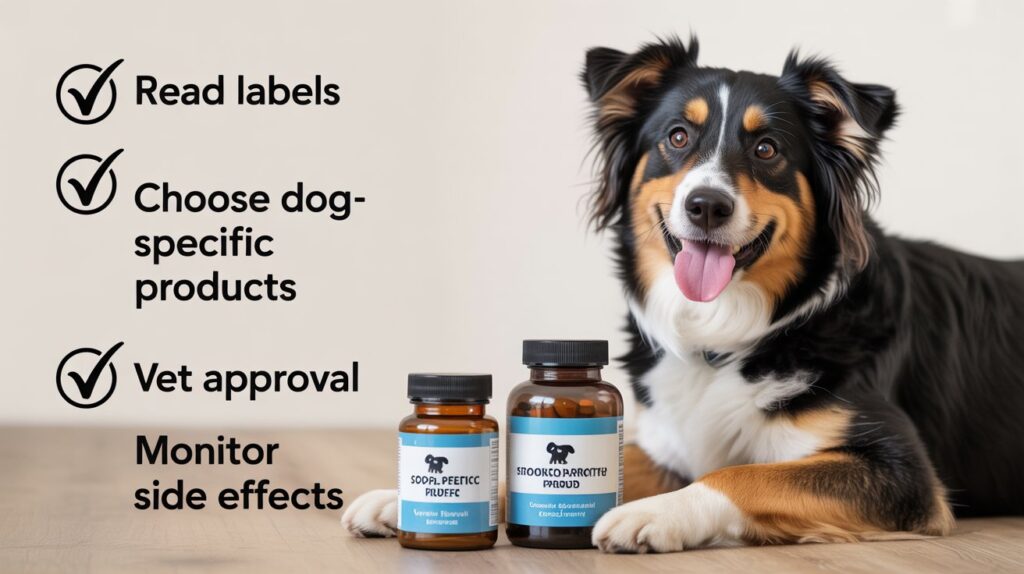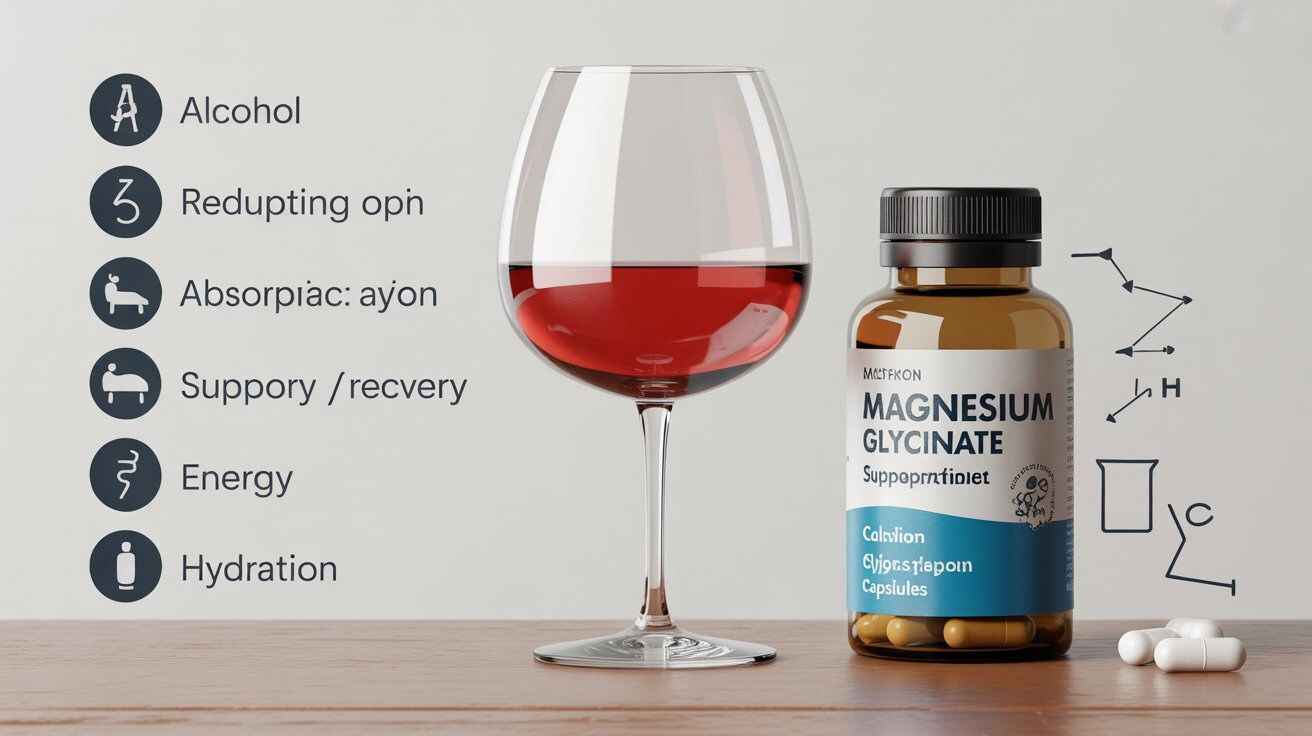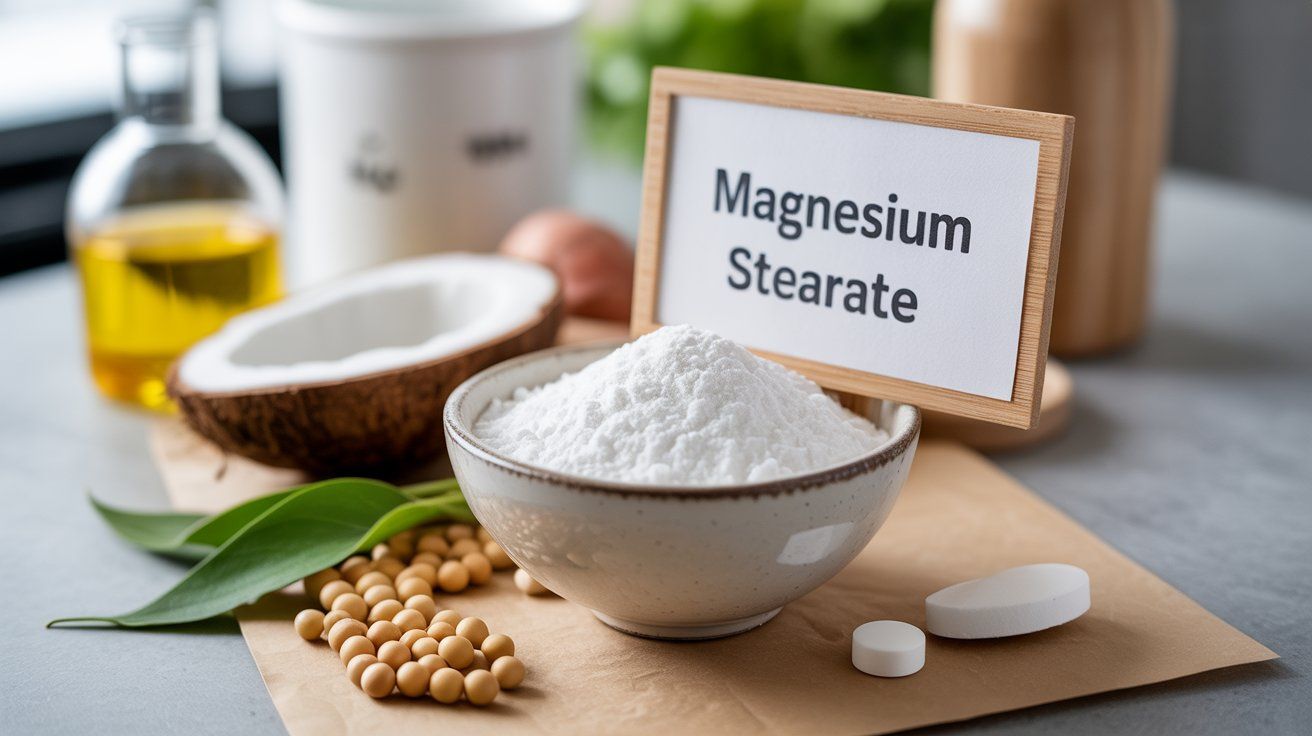Yes, Is magnesium stearate is safe for dogs in small amounts. Overdoses may cause vomiting, diarrhea, or allergies. Vet advice is best for safety.
Is magnesium stearate safe for dogs
Pet owners worry about every ingredient in their dog’s supplements. One common additive is magnesium stearate, often listed on labels.
The question many ask is: “Is magnesium stearate safe for dogs?” This compound is widely used as a tablet binder and flow agent. Knowing whether it’s safe helps owners make better choices for their pets.

What Is Magnesium Stearate?
Magnesium stearate is a compound made from magnesium and stearic acid. It works as a flow agent and binder in tablets, preventing ingredients from clumping during production.
You’ll find it in both human and dog supplements, where it ensures consistncy and quality.
Although inactive, its presence raises safety questions for pet owners who read product labels carefully.
Where Dogs Encounter Magnesium Stearate
Dogs most often encounter magnesium stearate in supplements, chewable tablets, and some veterinary medications. Manufacturers use it as a filler or flow agent, ensuring tablets hold together and release properly.
Even though it’s considered an inactive ingredient, pet owners notice it on labels. Understanding why it’s used helps explain its widespread presence in dog health products.

Is Magnesium Stearate Safe for Dogs?
In small amounts, magnesium stearate is generally recognized as safe for dogs. Veterinary sources note that the trace levels in supplements pose little risk.
However, large accidental ingestions or sensitivities may trigger side effects like vomiting or diarrhea.
Most dog-specific supplements use it safely, but consulting your veterinarian before introducing new products is always recommended.
Potential Side Effects in Dogs
| Effect | Details | Severity | When to Call a Vet |
|---|---|---|---|
| Gastrointestinal upset | Vomiting, diarrhea, or mild stomach discomfort | Usually mild | If symptoms persist beyond 24 hours |
| Allergic reactions | Itching, swelling, or skin irritation | Rare but possible | Immediately if swelling or breathing issues occur |
| Nutrient absorption | Overconsumption may interfere with nutrient absorption | Uncommon | If dog ingests a large number of pills |
| General sensitivity | Individual dogs may react differently to inactive ingredients like excipients | Varies by dog | If unusual behavior or prolonged discomfort shows |
At What Levels Could Magnesium Stearate Become Harmful?
Trace amounts in dog supplements are far below harmful levels. Problems arise if a dog ingests large numbers of pills or human supplements.
Excessive intake may cause digestive upset, lethargy, or absorption issues.
While toxicity is rare, the risk increases with higher exposure. Pet owners should store supplements safely to prevent accidental overdoses.
Practical Tips for Dog Owners
Always read supplement labels carefully to check for magnesium stearate and other additives. Choose products made specifically for dogs, since they use safe levels of excipients.
Avoid giving human supplements unless approved by a vet.
If your dog ingests magnesium stearate, monitor for side effects and consult your veterinarian promptly if anything unusual occurs.

When to Contact a Veterinarian
Call your veterinarian immediately if your dog shows signs like vomiting, diarrhea, lethargy, swelling, or difficulty breathing after ingesting magnesium stearate.
Provide details about the dose, the product, and your dog’s size.
Early intervention can prevent complications, especially if large quantities were consumed. Never wait for symptoms to worsen before seeking professional help.
Safer Alternatives to Magnesium Stearate
Some dog supplements avoid magnesium stearate and instead use microcrystalline cellulose, silicon dioxide, or vegetable stearate as binders.
These alternatives serve the same purpose of keeping tablets stable without raising concerns for sensitive dogs.
Choosing supplements with cleaner inactive ingredients can offer peace of mind. Always consult your vet before switching to new formulations.
FAQs
Q1. Is magnesium stearate safe for dogs in small amounts?
Yes, trace amounts are generally safe. The levels in veterinary supplements are minimal and not toxic. Problems are more likely with accidental overdoses from human products rather than dog-specific formulations.
Q2. Can magnesium stearate cause toxicity in pets?
Toxicity is rare. Dogs would need to consume large amounts of supplements for magnesium stearate to become harmful. Most veterinary-approved products use it safely.
Q3. What side effects should I watch for?
Watch for vomiting, diarrhea, lethargy, or allergic reactions such as itching and swelling. Most dogs tolerate it well, but monitoring after ingestion is always wise.
Q4. Should I avoid supplements with magnesium stearate for my dog?
Not necessarily. Veterinary supplements with magnesium stearate are considered safe. Avoid giving human supplements without vet approval to reduce risk.
Q5. Are there alternatives to magnesium stearate?
Yes. Some supplements use microcrystalline cellulose, silicon dioxide, or vegetable-based binders. These work as safe alternatives, especially for dogs with sensitivities.

Hamid Raza, aged 65, is a seasoned expert in nutrition, health supplements, and wellness, with over four decades of experience researching and educating people about essential minerals like magnesium. His work focuses on helping individuals improve energy, bone health, muscle function, and overall wellness through scientifically-backed magnesium knowledge.
Throughout his career, Hamid has contributed to numerous health articles, research studies, and wellness blogs, making complex nutritional science accessible to everyday readers. Passionate about natural health solutions, he guides readers on choosing the right magnesium supplements for optimal health.





